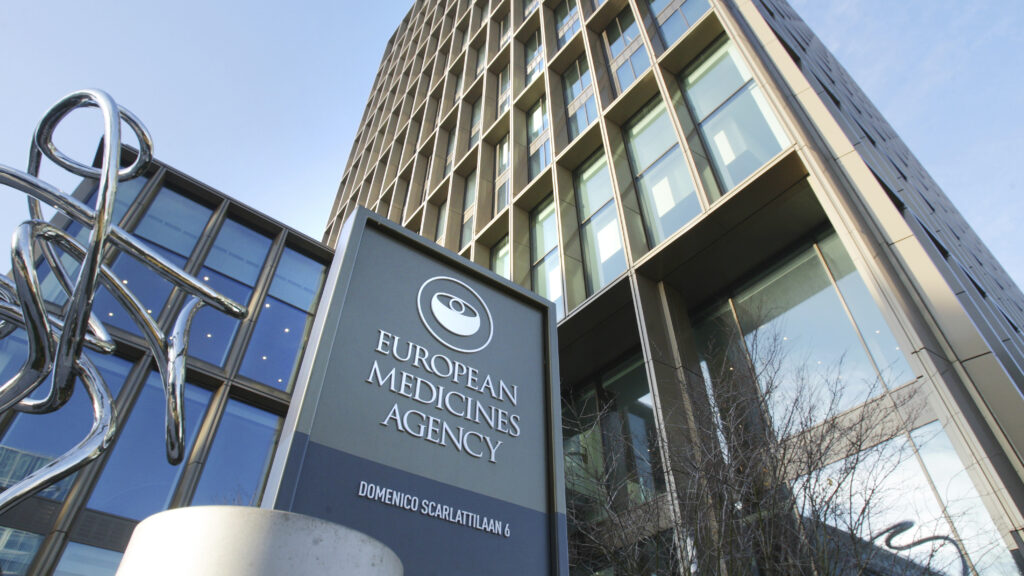LONDON — European regulators on Friday recommended the approval of Pfizer’s RSV vaccine both for older adults and for use in pregnancy, which could extend protection against the common respiratory virus to newborns.
The Pfizer vaccine, called Abrysvo, is already approved in the United States for people 60 and older. The Food and Drug Administration is scheduled to weigh in on its use for pregnant people next month.
RSV is a common virus that typically just causes colds, but it can cause severe illness in infants and older adults and is a leading cause of pediatric hospitalizations. The strategy of vaccinating people during pregnancy is aimed to provide what is known as passive immunization to infants from birth through 6 months of age.
The positive recommendation from a European Medicines Agency committee now heads to the European Commission for a final decision. The commission typically follows the EMA’s guidance on whether to approve drugs and vaccines. If the vaccine wins approval, Pfizer will have to reach pricing and reimbursement deals with the European Union’s member states before countries can start offering it to pregnant people and adults 60 and older.
“If approved, our RSV vaccine candidate for pregnant individuals would help protect infants immediately at time of birth through 6 months of age, when they are at highest risk of severe RSV disease and complications,” Annaliesa Anderson, Pfizer’s chief scientific officer for vaccine research and development, said in a statement. “This, along with an approval for older adults, would mark meaningful public health progress for RSV disease prevention throughout Europe.”
The Pfizer vaccine would be the second on the European market for use in older adults. Last month, the commission approved GSK’s RSV vaccine, Arexvy, which also has U.S. approval.
In Europe each year, RSV puts more than 270,000 older adults in the hospital and causes some 20,000 deaths.
While the vaccine would be the first available immunization designed to protect newborns, there is another option. The E.U. last year approved a monoclonal antibody called Beyfortus from AstraZeneca and Sanofi that is given via injection to babies during their first RSV season. Beyfortus won FDA approval earlier this week.
The EMA’s statement Friday in support of Abrysvo’s approval does not address how the vaccine should be used given the availability of Beyfortus. An analysis conducted by the U.S. Centers for Disease Control and Prevention and health economists from the University of Michigan showed there is little additional benefit of giving Beyfortus to a full-term baby whose mother received the Pfizer maternal vaccine. Doing so, however, could increase costs.


